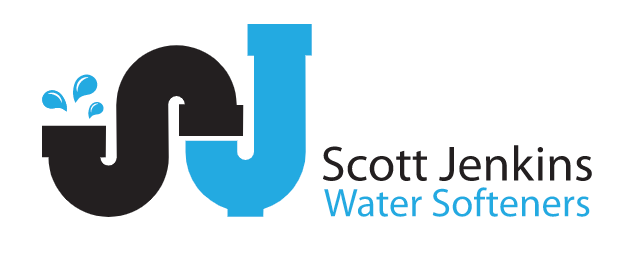For the majority of us, no, it isn’t. But that doesn’t mean to say that everybody should drink soft water, or that they’d even want to.
It is worth remembering that the primary function of having a water softener is not to provide you with nice soft water to drink. First and foremost, water softeners are designed for enhancing the quality of your washing and cleaning, e.g. bathing, showering, hair washing etc and it’s great for clothes, dishwashers and cutlery. Just as importantly, soft water removes and prevents the build-up of limescale – so that you don’t have to scrub surfaces clean with endless elbow grease and can avoid forking out on the likes of Calgon and other expensive cleaning products!
That said, soft water is perfectly safe to drink for the vast majority of us. It’s just that you may choose not to do so. Many people prefer to drink harder water, often because it tastes better. Ironically, the “nice taste” is usually down to the
chalkiness you get in hard water, which conveniently masks unpleasant tastes and smells, like chlorine. So for this reason, when we carry out a water softener installation, it is quite normal to install a separate untreated drinking tap on the kitchen sink which supplies unsoftened drinking water, fed straight from the mains.
When we fit these taps, many customers select to have this filtered at the same time. This covers all the bases; firstly, the water softener is there to protect the inside of your home and the outside of you and secondly the filtered water takes care of your insides by removing contaminants and chlorine from the water you drink. It’s a “win win” situation!
Advice from the Water Regulations Advisory Scheme (WRAS)
The subject of drinking soft water tends to be dominated by the amount of sodium that’s used in the softening process, since it involves replacing calcium and magnesium ions with sodium ions. In the UK, the advice from the Water Regulations Advisory Scheme (WRAS) is that the safe upper limit of sodium is 200 mg/l (milligrams per litre). We will always ensure that the quantity of sodium in your softened water is well within these water industry approved safety levels. So for quenching your thirst, or in a cup of tea or coffee, it will always be perfectly safe to drink.
Nevertheless, on medical grounds, if you are on a specifically low sodium diet, then you would be advised not to drink soft water. Also, you shouldn’t use softened water as part of the preparation of baby feed, especially if the infants
are six weeks and under.
We trust this will put your mind at rest but for further information, please contact us on…. 01243 607494 or via email: scott@sjbs.info
